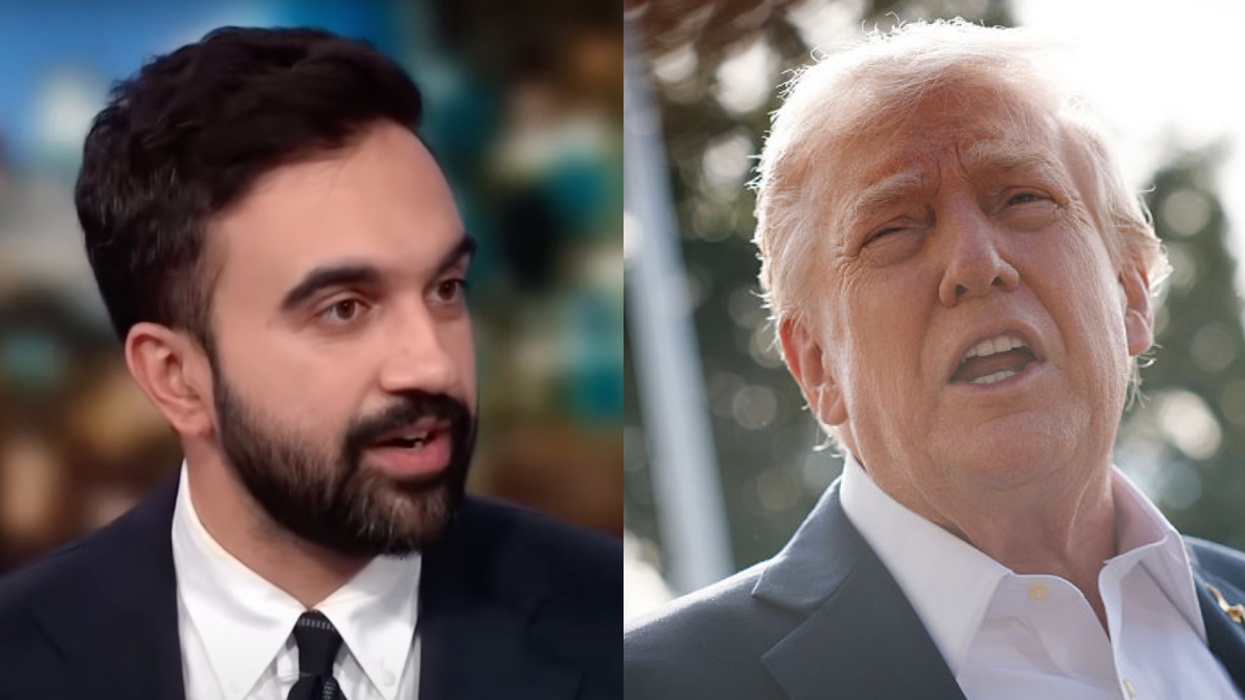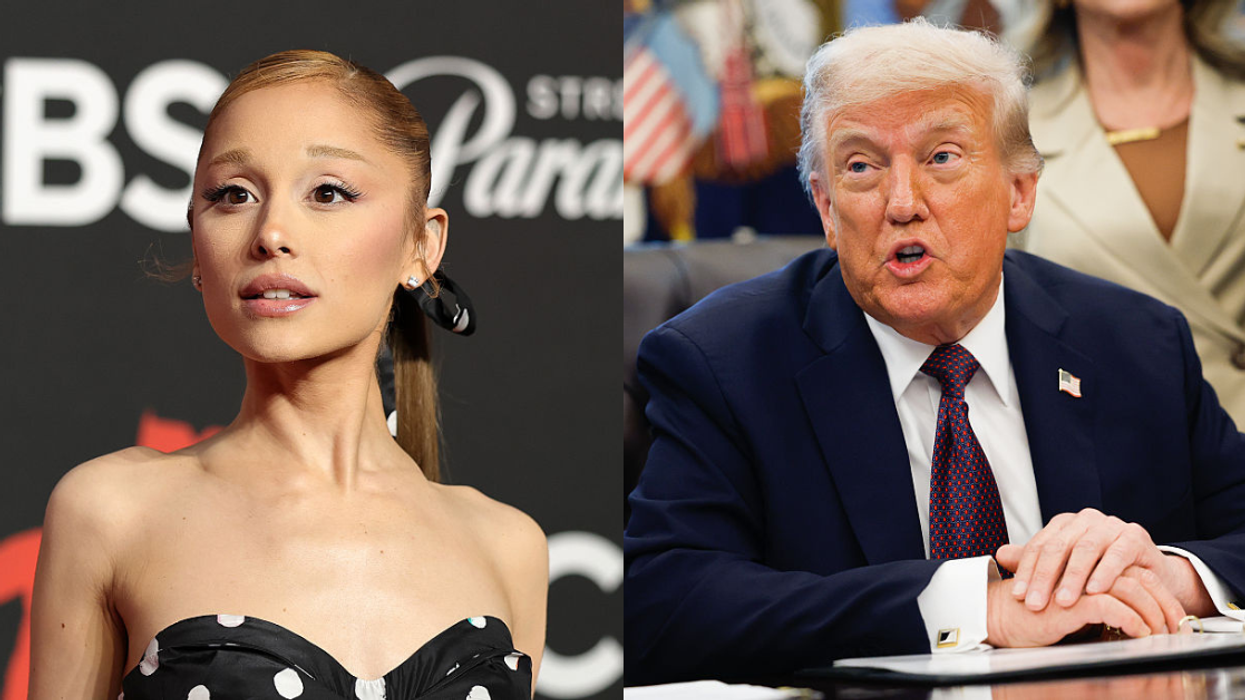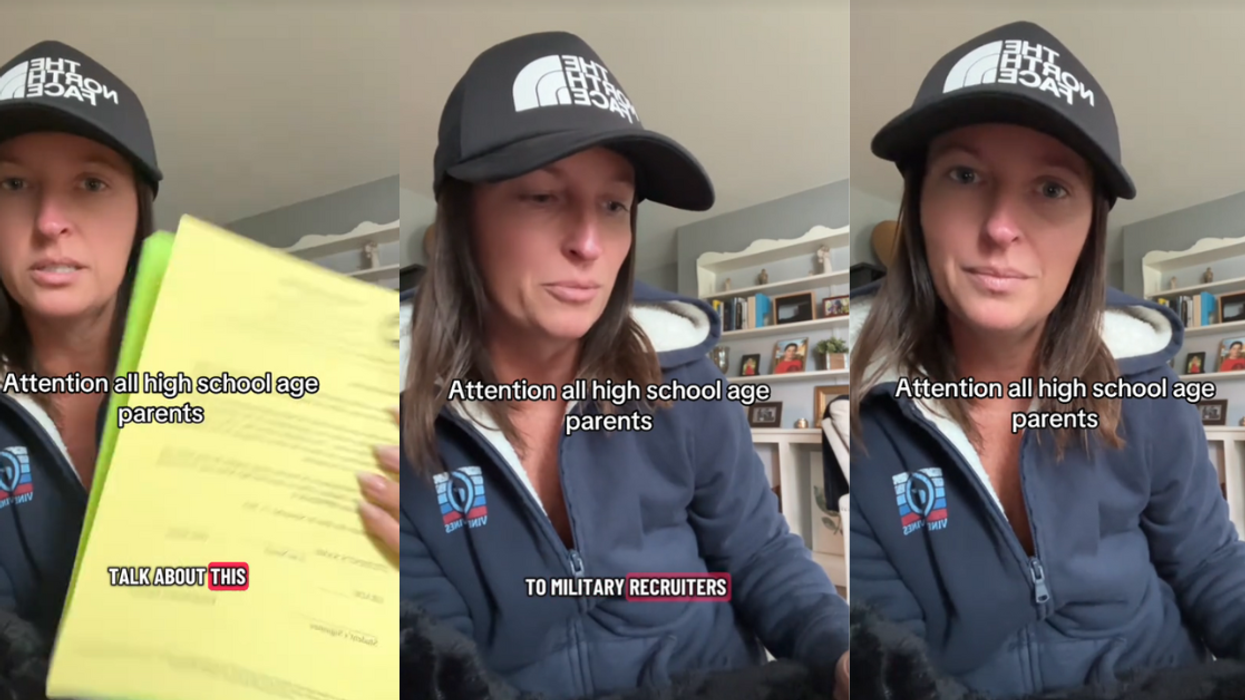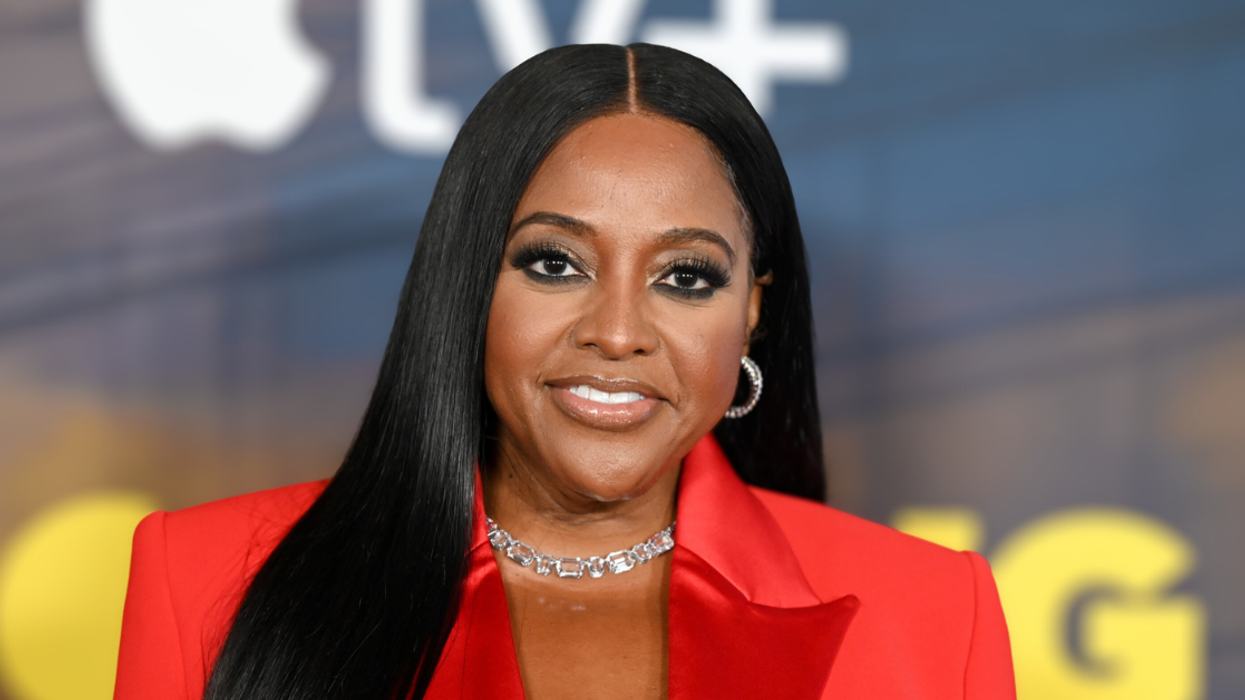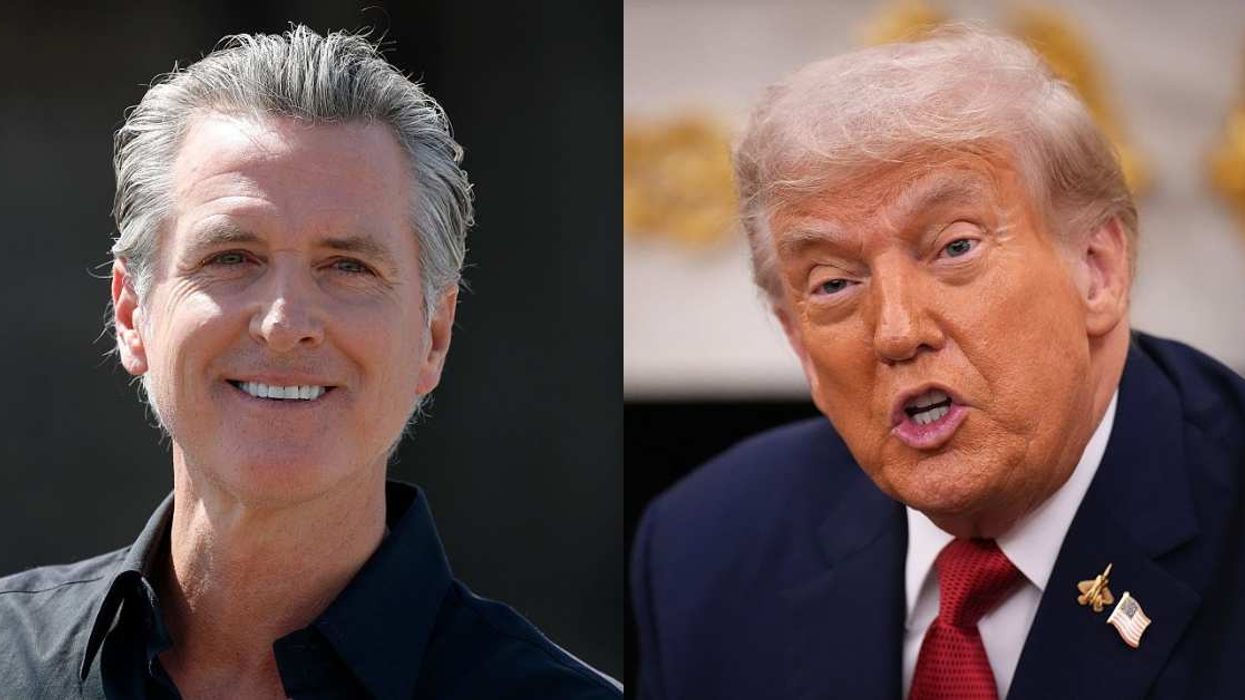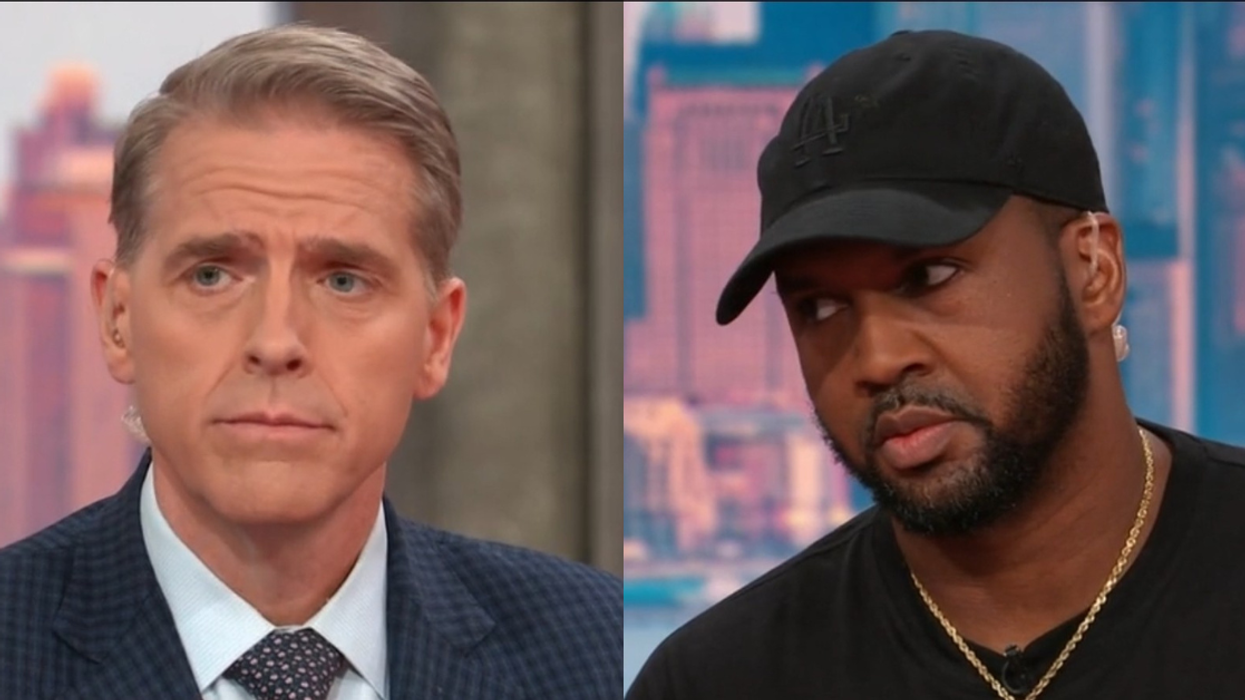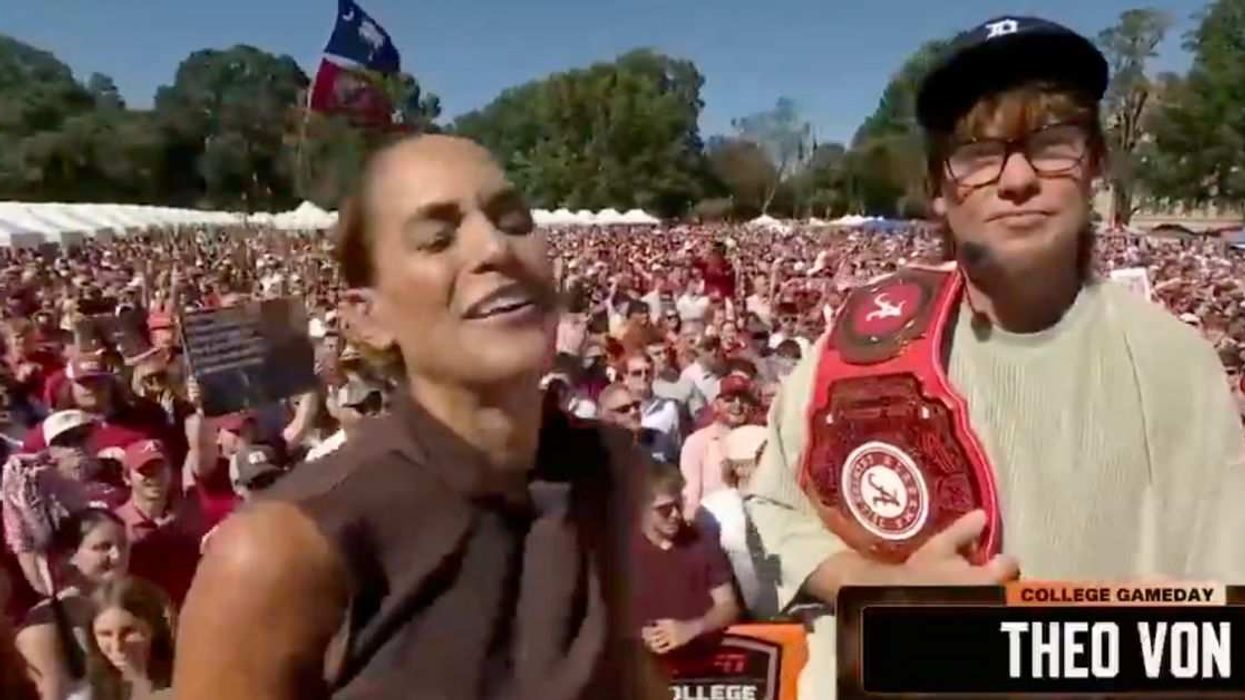YouTube channels promoting protections for children against vaccinations are finding ad-monetizing content being yanked from their videos.
On Friday, YouTube announced that channels with an anti-vaxx agenda and psuedo-science are in violation of their policy regarding "dangerous and harmful acts" and, therefore, will not be placing ads on such content.
According to Buzzfeed News, the enforcement came as a result of several concerns regarding anti-vaccination content being "algorithmically recommended" to users with unrelated search histories.
For example, a top search for "immunization" led to a video from Rehealthify in favor of vaccinating children, but YouTube's first Up Next recommendation feature led to a conflicting video called "Mom Researches Vaccines, Discovers Vaccination Horrors and Goes Vaccine Free," from a channel belonging to Larry Cook who is notorious for his anti-vax stance through his website: StopMandatoryVaccination.com.
Seven different advertisers were unaware of their ads being placed on videos promoting an obstructionist agenda and asked YouTube to remove them from such programs.
"We have strict policies that govern what videos we allow ads to appear on, and videos that promote anti-vaccination content are a violation of those policies," wrote a YouTube spokesperson in an email to Buzzfeed.
"We enforce these policies vigorously, and if we find a video that violates them, we immediately take action and remove ads."
YouTube also integrated information panels on all videos related to the topic with a link to a Wikipedia page about "Vaccine Controversies," including vaccine hesitancy which The World Health Organization considered as a global threat.
Below is a screenshot of the information panel located at the bottom of screens with vaccination-related subjects.
It reads:
"Vaccine hesitancy, a reluctance or refusal to vaccinate or have one's children vaccinated, has been identified by the World Health Organization as one of the top ten global health threats of 2019.[1][2] Hesitancy results from public debates around the medical, ethical and legal issues related to vaccines."

A discount vitamin retailer called Vitacost pulled their ads from YouTube altogether after discovering that their advertisement was spotted by a user on a video pertaining to the sexual exploitation of children.
A Vitacost spokesperson reached out to Buzzfeed and said:
"We pulled all YouTube advertising on Tuesday morning when we noticed content issues. We had strict rules to prevent our ads from serving on sensitive content and they were not effective as promised."
Another spokesperson for a discount drug company, Retail Me Not, wasn't aware of their programmable placement appearing on objectionable content.
They wrote:
"When we purchase programmatic media, we specify parameters that restrict the placement of our ads from association with certain content. Even so, however, sometimes ads get served in places that we don't approve of."
"This is one of those cases. We're working to exclude this placement now."
People expressed their frustration over the platform's spreading of harmful information. While some lauded YouTube's efforts with additional restrictions, is their tactic of demonitizing enough?
There is speculation that the recent outbreak of measles in the U.S., with 120 reported cases since January, is partly due to anti-vax propaganda being circulated on YouTube.
Democratic Congressman Adam Schiff of California demanded that Facebook and Google – who owns YouTube – remove videos that spread medical misinformation.
Schiff wrote an open letter to Google CEO Sundar Pichai:
"There is strong evidence to suggest that at least part of the source of this trend is the degree to which medically inaccurate information about vaccines surfaces on the websites many Americans get their information, among them YouTube and Google search."
Monitoring the spread of propaganda is crucial than ever, and hopefully YouTube's efforts in disseminating proper vaccination facts will inoculate more sense into people.

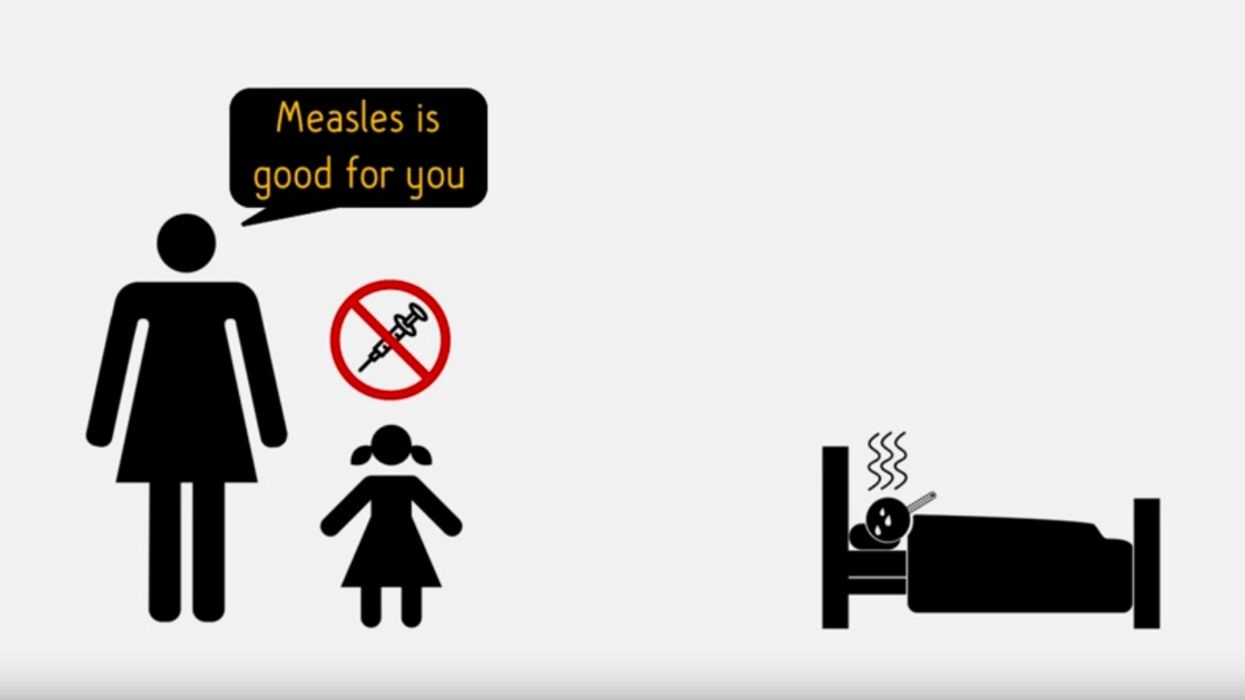


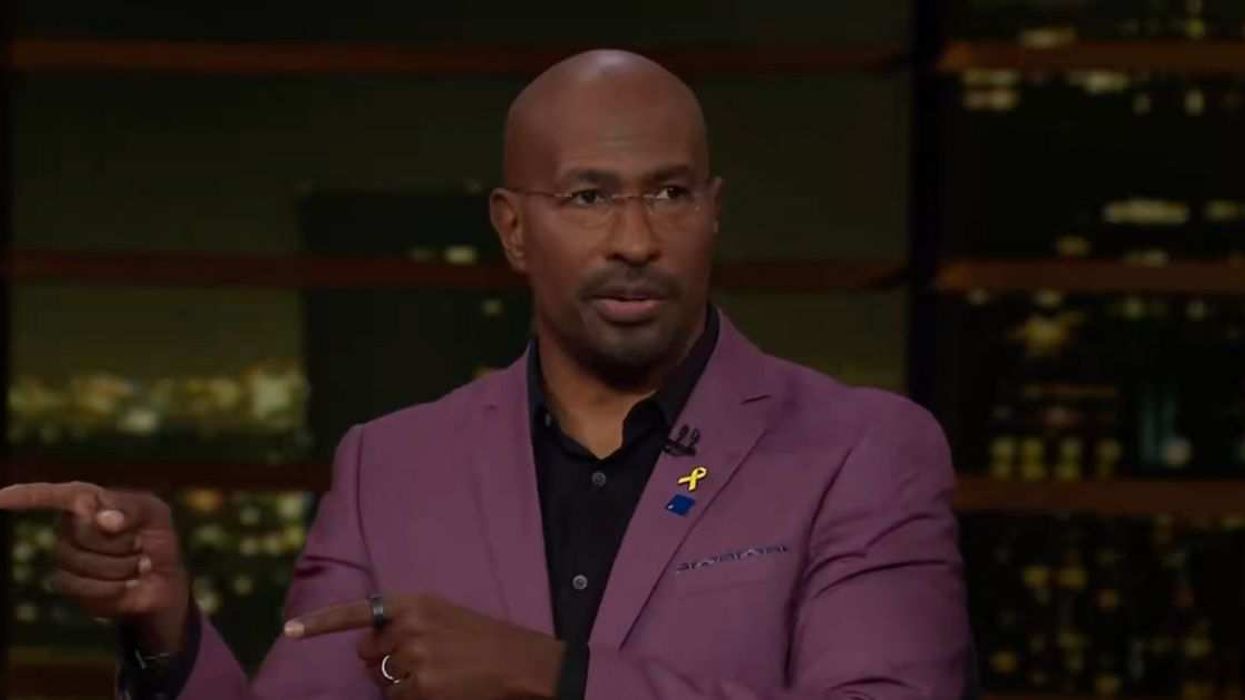
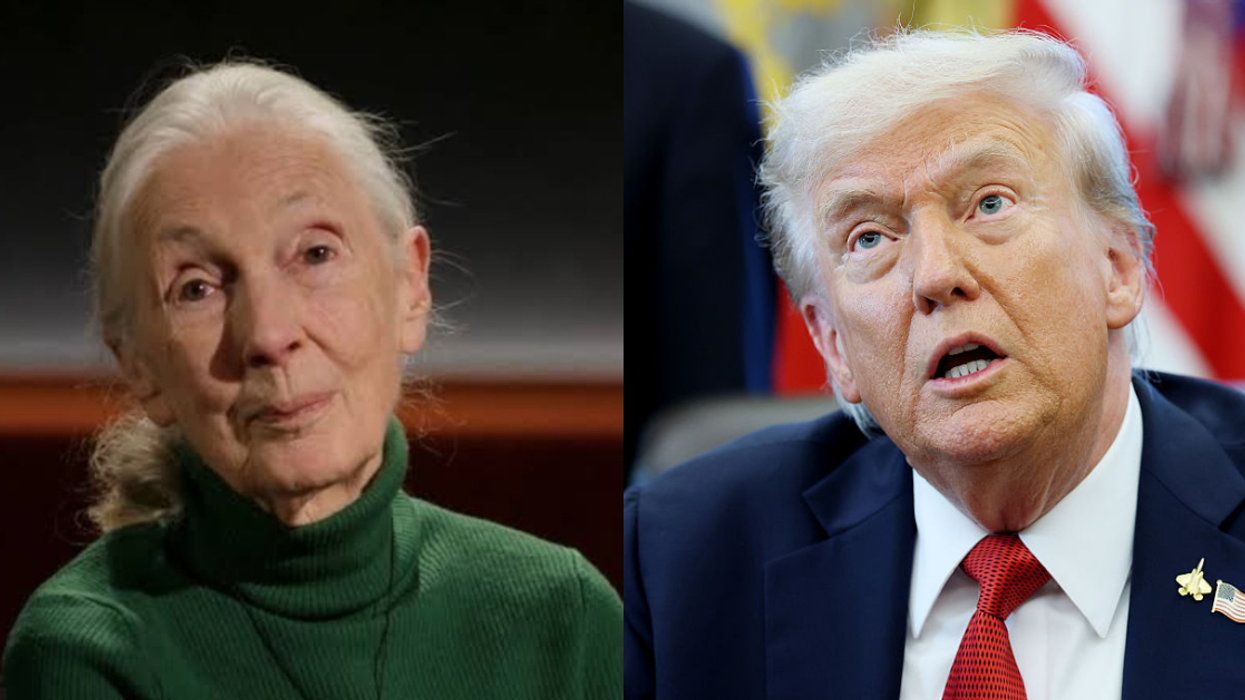
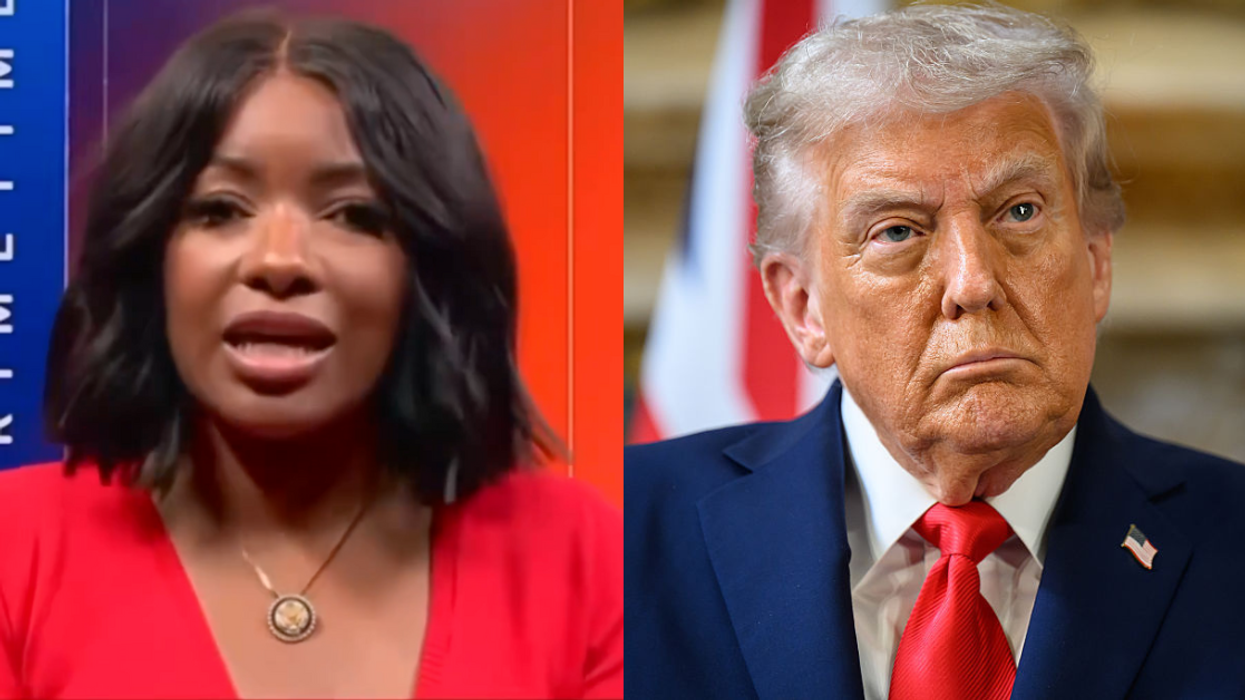
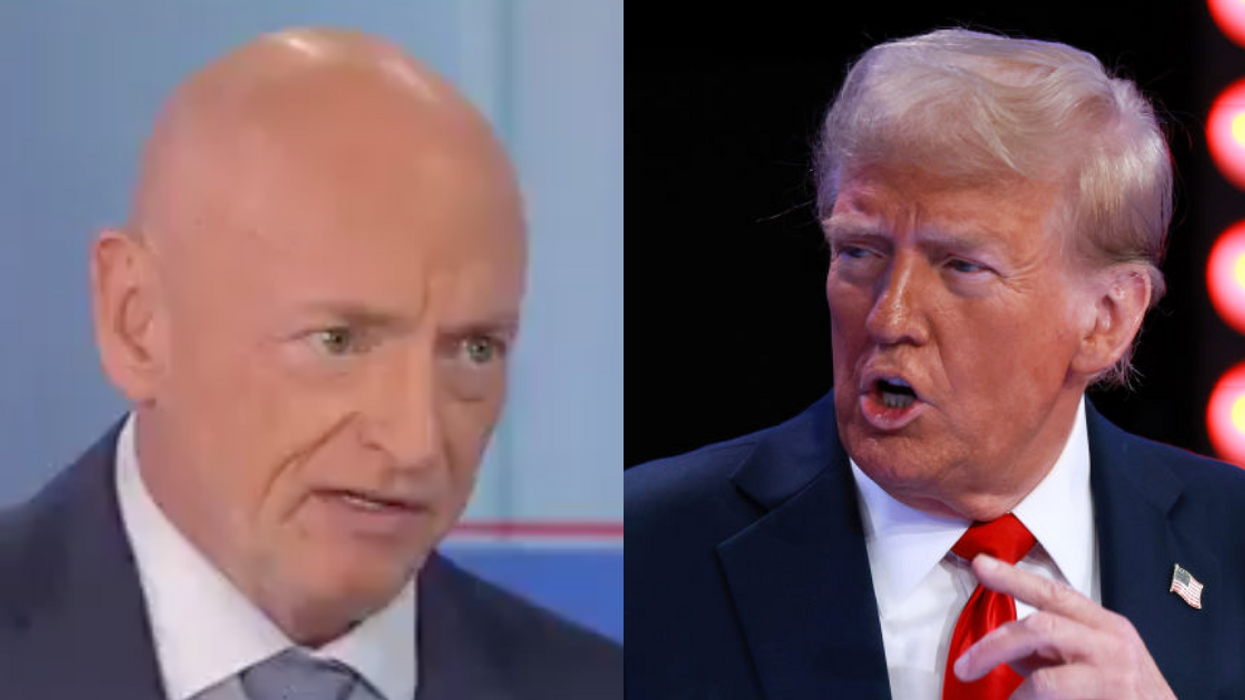
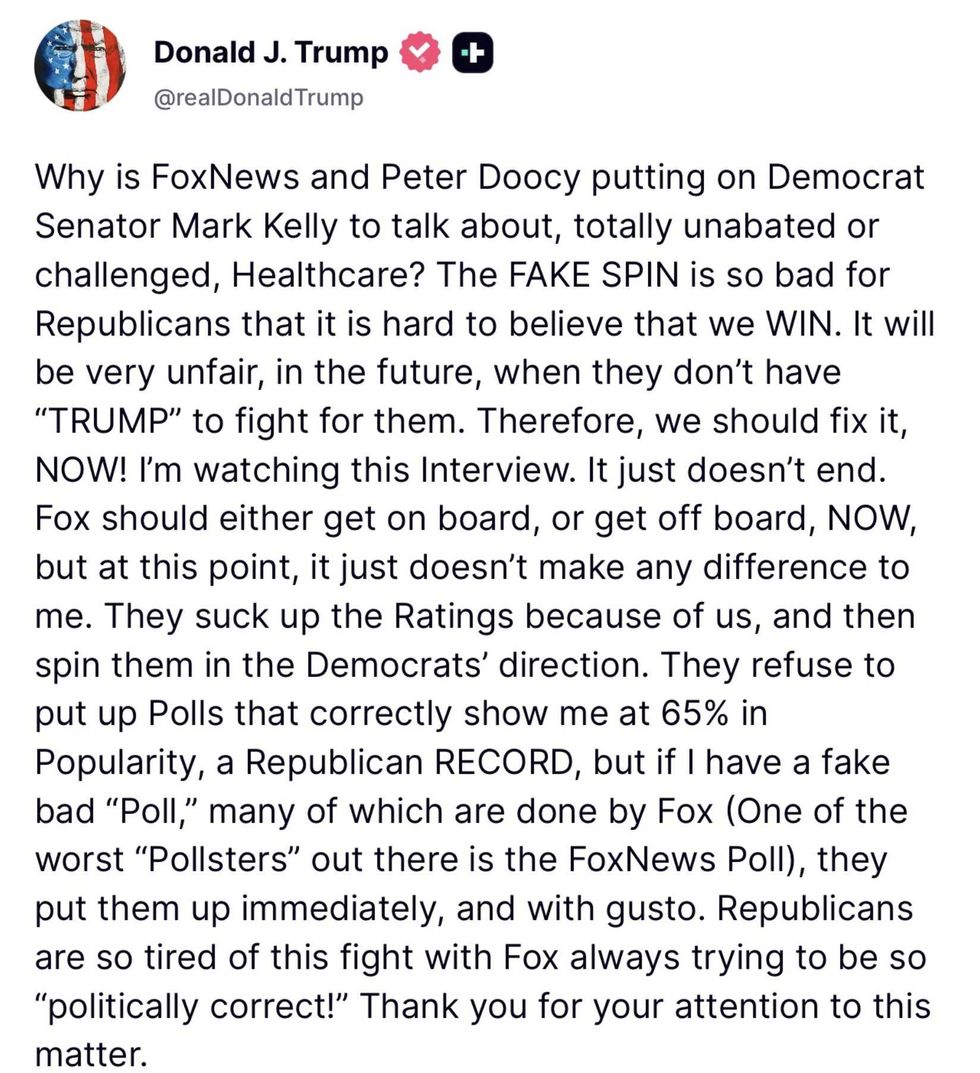 @realDonaldTrump/Truth Social
@realDonaldTrump/Truth Social